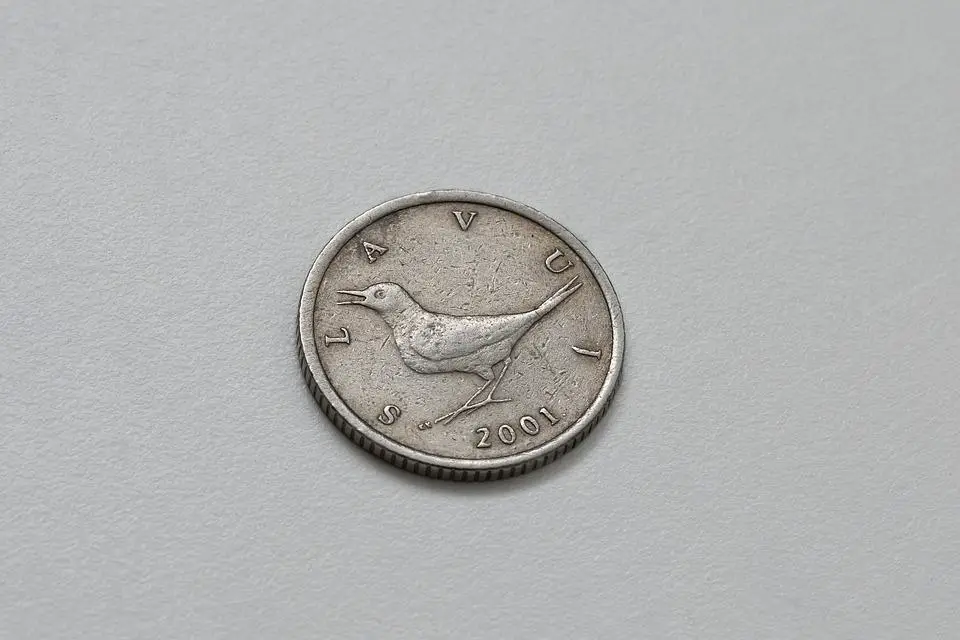As Poslovni Dnevnik writes, over the next year, the government will spend a massive 50.2 billion kuna on pension payments, which is 4.2 billion kuna more than was paid out this year.
The reason is, unsurprisingly, ongoing inflation, that is, the expected record adjustment of pensions in the second half of this year, which will spill over into next year as well. The increase in the average pension of 150 kuna, with a double-digit inflation rate, will not help any pensioner much. In a country with more than 1,200,000 resident pensioners, this significantly increases the largest budget expenditure, but the situation is also being eased by the large increase in income brought to the budget by inflation.
Negotiations this September
However, the state doesn’t yet know how much the second largest expense from the budget will cost, and that relates to the payment of salaries for 250,000 employees in the Croatian public sector. The four percent increase in the base rate as of May the 1st didn’t even cover the previous rate of inflation, and in September, the government is expected to negotiate with the trade unions regarding an additional increase in the base rate. The negotiations that will begin immediately after the end of 2022’s tourist season will destroy the government’s budget framework for the next three years, but will bring very welcome changes in this year’s budget.
Back in April, the unions agreed to an increase of only four percent, although they’d asked for eight percent, and they based their request on the growth of budget revenues and the fall in the price of labour in the Croatian public sector because the inflation rate was much higher than the growth of the base rate was. They agreed to give the government a break until the results of this year’s tourist season could be properly seen, but the results so far that the government keeps on bragging about mean that the trade unions will also have high demands themselves.
According to Novi list, Zeljko Stipic, president of the Preporod trade union, will demand that the base be increased as early as October the 1st this year, because the four percent increase from May has long since been overtaken by increasing inflation. Trade union veteran Vilim Ribic adds that the four percent increase from May the 1st is an annual increase of 2.3 percent, which is several times lower than the expected inflation rate this year.
”We should start the negotiations during the second half of September, but I believe that we can finish them quickly enough to increase the base rate from October the 1st onwards. The government insisted that the negotiations regarding the additional increase of the base rate this year continue when they have the results from the tourist season, but by all accounts, it will be better in terms of revenue than that of 2019 and the increase of the base rates as such cannot be avoided,” believes Stipic.
The trade unions are ready…
The trade unionists don’t want to say how much they will request from the government for this year’s base rate increase for Croatian public sector wages, but Stipic notes that, at a time of constant price changes and accelerating inflation, the solution could be to agree that wage growth follows the growth of inflation rates and thus avoid the need for negotiations several times a year.
”Inflation is continuing to accelerate and we still can’t see an end to it. By the time we agreed to a four percent wage increase and the government’s offer to talk in autumn, the inflation rates at the time had already cancelled out that growth, and the solution is to include in this new agreement that the increase in Croatian public sector wages follows the increase in living costs,” notes Stipic, adding that this is how the issue of compensation for transportation costs is typically regulated. The ”April agreement” increased the transport fee to 1.35 kuna per kilometre, instead of the previous one kuna, with this amount being adjusted every time fuel prices rise by ten percent.
Ribic doesn’t want to reveal how much, in his opinion, Croatian public sector wages should rise in autumn either, but he says that it’s no longer possible to accept things as they currently stand, and that also includes attitudes towards the public sector.
”Back in May, the salary base increased by four percent, and in the same month, inflation, compared to May 2021, stood at 10.8 percent. It’s clear to everyone that this isn’t even close to what the employees in the Croatian public sector should have received as a salary. This increase of four percent means an annual wage growth of 2.3 percent. Inflation will be several times higher and the work of employees in the Croatian public sector will once again be devalued, that is, the price of their work will fall. The government must compensate for this in the negotiations in September,” warns Ribic.
The growth of the base of four percent this year comes at an enormous cost of 850 million kuna, but the state will obviously not be able to avoid increasing that amount, writes Novi list.
For more, make sure to check out our dedicated business section.









